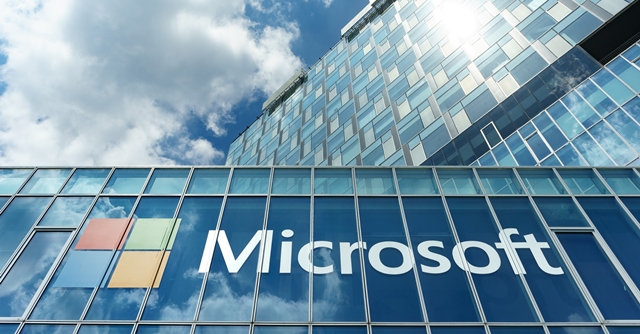
Microsoft set to unveil AI Chip 'Athena' next month


Tech firm Microsoft is gearing up to introduce its very own artificial intelligence (AI) chip, codenamed "Athena," at its annual developers' conference, 'Ignite,' next month. The move comes as Microsoft seeks to reduce its reliance on Nvidia-designed AI chips, which have faced supply shortages due to surging demand.
According to a report from The Information, citing sources, Microsoft has quietly been working on Athena since 2019 with the goal of cutting costs and gaining more control over its AI infrastructure. The chip's official debut is expected to take place during the Ignite conference, which kicks off on November 14 in Seattle.
Athena is poised to compete head-to-head with Nvidia's flagship H100 GPU for AI acceleration within data centres. The chip has undergone secret testing by select groups within Microsoft and its partner, OpenAI.

Currently, Microsoft's Azure platform heavily relies on Nvidia GPUs to power AI features used by Microsoft itself, OpenAI, and its cloud customers. However, Athena presents an opportunity for Microsoft to join the ranks of competitors like AWS and Google by offering its in-house AI chips to cloud users.
While specific performance details for Athena remain undisclosed, Microsoft is optimistic that it can match the demand for Nvidia's H100. Despite numerous contenders boasting superior hardware and cost advantages, Nvidia GPUs remain the top choice among AI developers, largely due to the company's CUDA platform. Attracting users to embrace new hardware and software will be pivotal for Microsoft's success in this endeavor, as per the report.
Additionally, Microsoft's plan could alleviate its reliance on Nvidia, especially considering the ongoing tight GPU supply. Reports suggest that Microsoft has recently ordered hundreds of thousands of Nvidia chips to support OpenAI products and research. By shifting to its own silicon, Microsoft stands to achieve substantial cost savings.

OpenAI is also contemplating reducing its dependence on both Microsoft and Nvidia chips. Last week Reuters reported that the AI research lab is exploring the development of its own AI chips.
While Microsoft and other cloud service providers do not have immediate plans to completely halt their Nvidia GPU purchases, encouraging cloud clients to embrace in-house chips over Nvidia's GPU servers could yield long-term economic benefits.
Furthermore, Microsoft is actively partnering with AMD on its upcoming AI chip, the MI300X, adopting a diversified approach to meet the rising demands of AI workloads. Similar strategies are being employed by competitors to avoid vendor lock-in, according to the report.

Amazon and Google, for instance, have strategically integrated their AI chips into their cloud offerings. Amazon's financial backing of Anthropic, a competitor to OpenAI, comes with the condition that Anthropic will utilise Amazon's AI chips, Trainium and Inferentia. Meanwhile, Google Cloud has highlighted clients like AI image developer Midjourney and Character AI as users of its tensor processing units.
